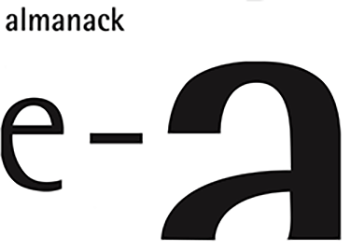Abstract
I propose in this article that free and freed Afro-descendants of three colonial empires of the modern era, the Spanish, the Portuguese and the French, have developed differentiated demands in different procedural steps: the ones that aimed privileges during the old or oligarchic type society, and the ones which demanded political and civil equality during the formation process of the democratic and representative type society. I analyze this aspect from connection plans, structural regularities and recurrences that suggest that the social position of those individuals and their social group in the referred colonial empires is consequence, on the one hand, of diachronic aspects relating to slavery and, on the other hand, synchronous social processes, own to the specific temporality of the 18th and 19th Centuries, such as the transition from one to another kind of society. To do so, I use concepts drawn from sociology and anthropology, such as the social representation and the freedom-slavery continuum.
Key-words
Spanish Empire; Portuguese Empire; French Empire; Free and Freed Afro-descendants; Eighteenth Century; Nineteenth Century
